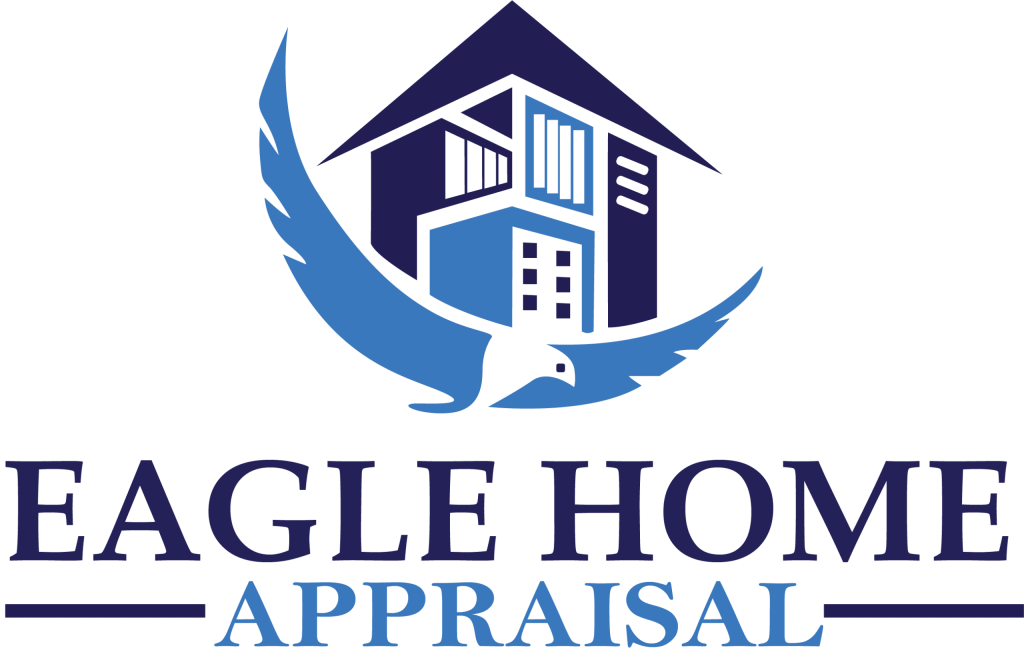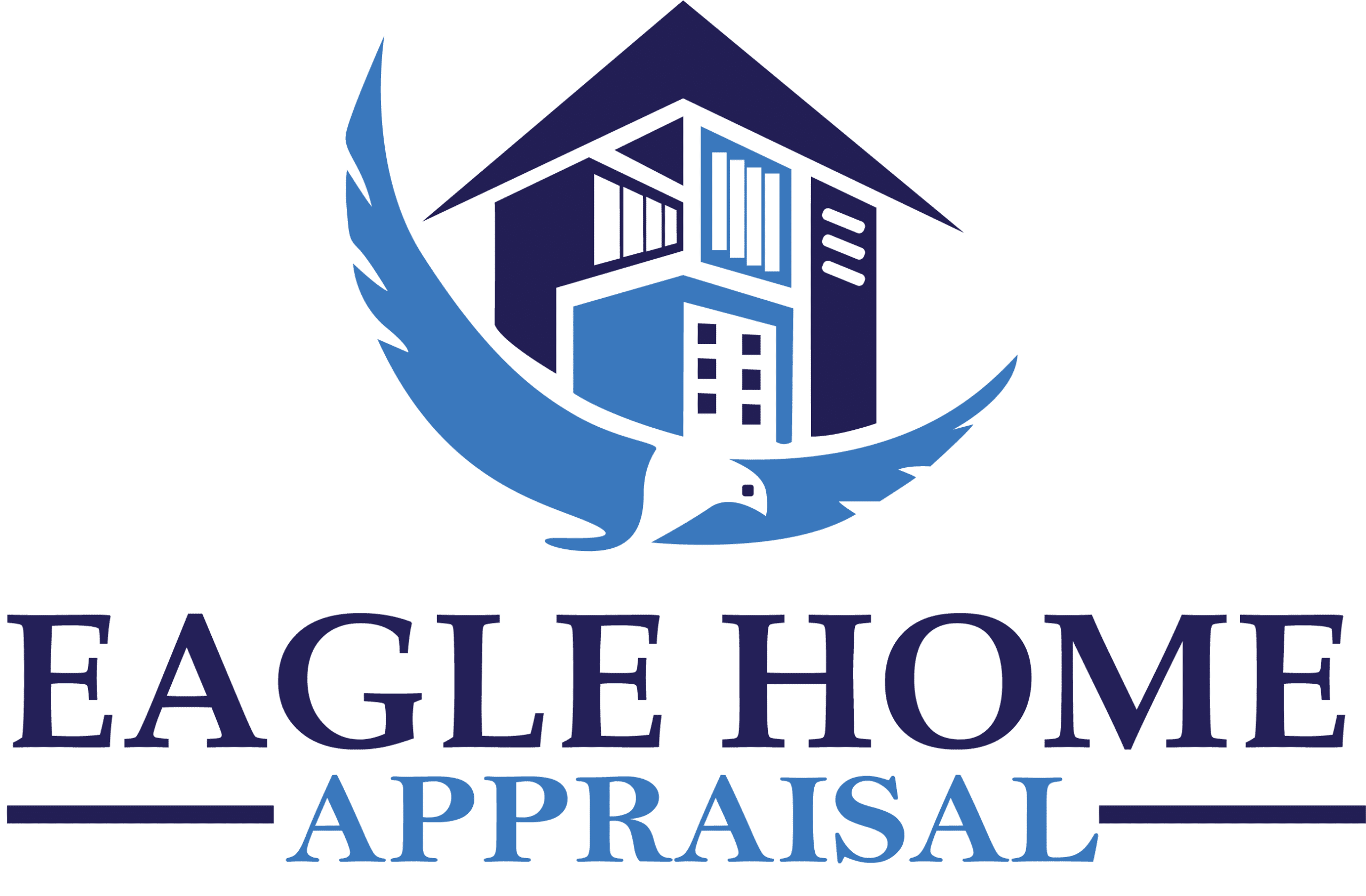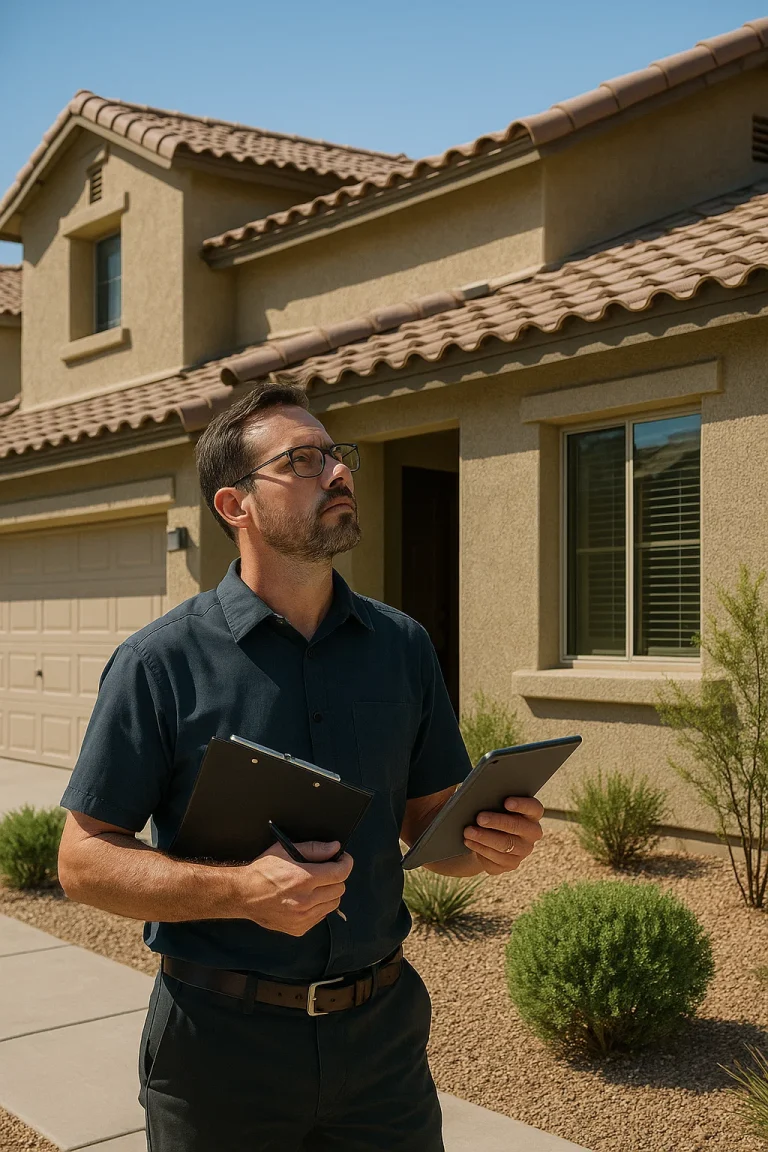How Do HOA Rules In Gilbert Subdivisions Affect Appraisal Values?
 Homeowners’ Associations (HOAs) are a driving force in shaping the modern residential landscapes throughout Gilbert, Arizona. Sprawling neighborhoods of planned homes, manicured lawns, and shared amenities are underpinned by detailed sets of guidelines and governance structures. For anyone considering buying or selling property in Gilbert—or for real estate professionals guiding them—the influence of HOA rules on real estate appraisal values can be both subtle and profound.
Homeowners’ Associations (HOAs) are a driving force in shaping the modern residential landscapes throughout Gilbert, Arizona. Sprawling neighborhoods of planned homes, manicured lawns, and shared amenities are underpinned by detailed sets of guidelines and governance structures. For anyone considering buying or selling property in Gilbert—or for real estate professionals guiding them—the influence of HOA rules on real estate appraisal values can be both subtle and profound.
At a glance, Gilbert’s charm lies in its clean streets, attractive parks, and safe neighborhoods—many of which owe their character to careful HOA stewardship. These organizations set standards for appearance, use, and behavior, all of which impact market perception and, ultimately, the valuation assigned by professional appraisers. Yet, not all HOA influence is positive. Excessively stringent or poorly managed associations can stifle market demand and reduce the desirability of a property.
Appraisers serving the Gilbert market, including Eagle Home Appraisal Gilbert, must factor these dynamics into every valuation report. From the visible impact of amenities to the less tangible reputation effects, HOA rules ripple through every corner of a subdivision’s value proposition. This deep-dive blog post explores ten key dimensions of HOA influence on appraised values and how you can leverage this knowledge—whether buying, selling, or simply seeking to maximize your investment.
HOA Rules Explained: What Appraisers Look for in Gilbert
HOAs in Gilbert commonly enact Covenants, Conditions & Restrictions (CC&Rs) designed to preserve a high standard of community living. These documents span everything from architectural consistency to landscaping standards and can include rules on fencing, pet ownership, vehicle parking, and rental limitations.
Gilbert’s real estate appraisal process carefully considers these rules for their market impact. Consistent enforcement often results in visually unified neighborhoods: harmonious home designs, well-kept yards, and minimal “wild cards.” Such consistency appeals to buyers looking for reliability and curb appeal. For appraisers, this translates into higher values—neighborhoods with predictable standards tend to command a premium over those with minimal oversight or visible neglect.
However, not all rules are viewed positively. Restrictions that stifle owner freedom, like banning certain paint colors or dictating landscaping choices, could reduce a home’s appeal to more individualistic buyers. Overly stringent rental or pet policies may dissuade specific segments of the market, shrinking the pool of potential buyers. Frequent changes to rules—such as unexpected limits on home modifications or use—also create uncertainty for buyers and can be flagged by appraisers as a risk factor.
An appraiser may request the latest HOA documents, minutes from recent meetings, and evidence of rule enforcement consistency. Sellers benefit from organizing these materials ahead of time, while buyers should review them to understand the long-term implications for home value and lifestyle.
In short, well-crafted and transparently enforced HOA rules can raise home values in Gilbert by creating attractive, orderly communities. However, rules that confuse, inconvenience, or alienate potential buyers can have the opposite effect.
The Impact of HOA Amenities on Home Valuations
One of the most visible ways HOAs influence home values is through amenities. Gilbert’s master-planned communities—like Power Ranch, Val Vista Lakes, and Seville—feature pools, gyms, walking trails, parks, and clubhouses. These amenities are often central attractions, marketed to buyers as lifestyle-enhancing perks.
Appraisers account for amenities by comparing the subject subdivision to nearby communities with similar or lesser offerings. Well-maintained amenities increase market appeal, especially if they’re actively used and appreciated by residents. For example, a state-of-the-art fitness center or a large, well-equipped clubhouse can set a neighborhood apart, raising appraised values above those in less “wealthy” developments.
However, amenities alone aren’t enough—they must be maintained. Dated, unused, or poorly kept facilities may actually decrease buyer perception and, as a result, appraisal values. The cost of upkeep (funded by HOA fees) versus benefit is scrutinized by both buyers and appraisers. Amenities that are burdened by high fees or require assessments for repair can drag values down instead of lifting them.
The importance of documentation cannot be overstated. Detailed records of upgrades, renovation schedules, and amenity investments help appraisers assess how these features contribute to current and future value. For sellers, showcasing amenity quality, usage statistics, and upcoming improvements can support a higher appraisal and sale price.
Ultimately, in Gilbert, the right amenities—well funded, maintained, and relevant—are powerful drivers of home value. They reflect HOA management quality and signal to buyers a lifestyle worth investing in.
HOA Fees: Balancing Costs and Value in Appraisal Calculations
HOA fees are a double-edged sword for Gilbert homeowners and buyers. At their best, these monthly or annual payments fund superior amenities, landscaping, security, and upkeep that directly increase property values. However, excessive, unpredictable, or poorly justified fees act as a deterrent, suppressing buyer interest and lowering appraised values.
Appraisers study HOA financial statements, fee histories, and comparisons to similar neighborhoods. They weigh whether assessments are reasonable for services delivered and how fee trends have changed over time. A community offering exceptional amenities at a modest fee is more likely to see stable or appreciating home values.
The reverse holds true. Rising fees, surprise assessments, or a lack of transparency suggest financial instability. This can make lenders uneasy, reduce affordability (especially for first-time buyers), and result in lower valuations. Prospective buyers may shy away from homes with HOA fees they deem unreasonable or likely to rise.
Gilbert subdivisions with carefully balanced budgets, clear financial reporting, and predictable, reasonably priced fees present a more attractive proposition for buyers and appraisers alike. Sellers should be prepared to share fee histories, explanations of what those fees cover, and proof of long-term financial planning. Buyers are wise to study fee structures and ask tough questions before proceeding with a purchase.
For appraisers, the core question is value for money. HOA fees must translate into quantifiable benefits—upkeep, amenities, stability—that support the appraised value. Where fees and benefits are out of balance, property values may suffer accordingly.
HOA Financial Health and Management: The Appraiser’s Lens
Behind every well-run HOA is a foundation of sound financial management. Appraisers don’t just look at a subdivision’s visual appeal—they investigate budgets, reserves, cash flow, and history of financial stewardship.
Healthy HOA financials are a positive signal. Robust reserves mean the community can fund repairs, upgrade amenities, and weather unexpected economic shocks without sudden fee hikes. Transparent financial reporting provides buyers and lenders confidence that the association is professionally managed and unlikely to surprise homeowners with emergencies or assessments.
Conversely, poor financial health—underfunded reserves, sketchy record-keeping, examples of fraud or embezzlement—are immediate red flags for appraisers. Such issues can force appraisers to lower their valuation or include caveats for lenders to consider. Large, unforeseen fee increases or lawsuits stemming from mismanagement can significantly impact how a home’s value is appraised.
For sellers, the best practice is to provide appraisers with clear, recent financial statements and details about the HOA’s reserve fund policies. Buyers should request audits if possible and look for signs of stability: regular financial reporting, upcoming planned projects, and long-term asset replacement schedules.
In Gilbert’s competitive real estate market, HOA financial health can make or break a subdivision’s reputation—and directly influence how much each home is worth.
Architectural Control: Uniformity, Customization, and Value
Architectural control committees are commonplace in Gilbert HOAs, tasked with upholding visual consistency and design standards throughout a community. These rules shape everything from home exteriors to landscaping features, fencing, and lighting.
For appraisers, communities with strict architectural control typically yield higher values. The logic is simple: visual harmony, consistent quality, and attractive streetscapes make for stronger buyer demand. In new subdivisions, minimum square footage requirements, material standards, and architectural styles are often mandated to keep neighborhoods looking “upscale.”
However, strict rules come at a cost. Buyers seeking individuality or who aspire to unique customizations may balk at excessive restrictions. Appraisers note the degree to which architectural controls dampen buyer enthusiasm or limit the market. For example, if rule changes eliminate the ability to build a casita, expand a garage, or upgrade a patio, certain buyers may choose other neighborhoods—shrinking demand and price potential.
Recent examples in Gilbert include communities implementing stricter paint color options or expanding minimum home sizes. In some cases, these changes have reduced the pool of eligible buyers, particularly first-timers and downsizers. Appraisers keep abreast of local policy shifts and factor in market feedback when valuing homes.
Ultimately, architectural control is about trade-offs—order and curb appeal versus owner flexibility. The net effect on appraisal values depends on how well rules are balanced and how they align with prevailing market tastes.
Maintenance Standards: How Rule Enforcement Preserves Value
HOAs in Gilbert enforce maintenance standards with the intent to keep neighborhoods attractive and preserve home values. These standards cover everything from lawn care and tree trimming to the repair of fences and exterior finishes. Rules are clearly articulated in CC&Rs and notices are sent when violations occur.
For appraisers, strict and consistent enforcement of maintenance standards is a highly positive factor. Well-maintained properties, common areas, and streetscapes signal a community’s pride and make homes stand out in the market. Litter-free parks, freshly painted homes, and manicured landscapes contribute directly to higher values—buyers perceive these neighborhoods as safer, more prestigious, and more enjoyable.
However, selective enforcement or inconsistent rule application can cause resentment and reduce trust. If residents perceive that standards are only applied to some, or that enforcement is arbitrary, dissatisfaction mounts and reputation—and property values—decline. Appraisers note evidence of fair, transparent enforcement; documentation of corrective action; and regular community-wide improvement efforts.
Sellers are advised to maintain compliance and document their investments in upkeep prior to appraisal. Buyers should observe neighborhood conditions firsthand and inquire about the HOA’s approach to enforcement. A healthy, well-maintained subdivision almost always translates into stronger home values and faster sales.
The link between visible neighborhood quality and appraised value is direct. HOAs must find the right balance: fair, firm, and transparent enforcement yields the best outcomes.
Community Reputation and Buyer Sentiment
Beyond visible features and policies, the reputation of a Gilbert subdivision and its HOA can make or break home values. Positive buyer sentiment drives demand, and communities perceived as welcoming, fair, and well-governed tend to perform better in markets and appraisals.
Appraisers take note of a subdivision’s reputation by checking online reviews, news stories, and feedback from local agents and residents. Communities known for proactive management, friendly rule enforcement, strong communication, and high resident satisfaction are appraised at a premium. Buyers feel confident in their investment and anticipate stable or rising values.
On the flip side, subdivisions plagued by negative press, frequent disputes, excessive fines, opaque decision-making, or lawsuits between homeowners and the HOA see their values suffer. Appraisers flag these communities for higher risk, resulting in lower appraisal numbers and, often, slower sales.
Reputation is built over time. Appraisers may contact local title companies, peruse community forums, and read minutes from recent boards meetings to gauge sentiment. Sellers should work to enhance reputation by participating in governance, addressing complaints fairly, and resolving negative incidents quickly. Buyers can use reputation as a filter, choosing communities where positive interactions are the norm.
In Gilbert, reputation is an intangible yet powerful factor—goodwill built by HOA boards yields dividends in the form of higher property values and greater market resilience.
Legal Aspects: Rule Changes, Amendments, and Market Risks
Legal considerations associated with HOAs go far beyond fee schedules and maintenance rules—they encompass amendments, compliance inspections, transfer fees, and enforcement proceedings. For appraisers, the legal stability and predictability of HOA rules are critical.
Rule amendments can create market uncertainty: if, for example, a subdivision suddenly enacts a cap on the number of rental units or bans certain home modifications, buyer interest may drop. Transfer fees and compliance inspections prior to sale can introduce added cost and friction to transactions, reducing appeal.
Appraisers consider the frequency and nature of rule changes, looking for patterns that suggest stability or volatility. Communities that undergo regular, especially contentious amendments may be flagged for valuation risk. Sellers should disclose any recent or pending rule changes that could affect property value. Buyers must read proposed amendments carefully, understanding how new regulations could impact usage, resale, or enjoyment.
Legal disputes—especially those resulting in litigation—can have outsized effects on appraised values. Subdivisions embroiled in lawsuits with homeowners, developers, or third parties may see values depressed due to risk and negative public perception.
Working with an experienced real estate attorney, and ensuring all documentation is available for appraisers, reduces risk and speeds up transactions. Appraisers rely on clear, current legal documents to assess how HOA policies affect property values with confidence.
Financial Mismanagement, Corruption, and Appraisal Red Flags
While many HOAs in Gilbert are professionally managed and financially sound, there have been cases of financial mismanagement and even corruption that have rocked communities. Such incidents—fraud, embezzlement, or gross negligence—are immediately flagged by appraisers and can dramatically lower home values.
Appraisers will look for recent audits, evidence of regular financial oversight, and a history free of scandal. Large, unexplained assessments, skyrocketing fees, or missing financial records trigger concern. Buyers and lenders may demand additional documentation or hesitate to fund or underwrite purchases in troubled subdivisions.
Transparency is key. HOAs should promptly publish budgets, maintain audit trails, and disclose all significant financial moves. Board members should encourage third-party reviews and communicate openly with homeowners about current and future financial plans.
Sellers benefit by demonstrating the stability and good governance of their HOA. Buyers should ask pointed questions: “Have there been any financial irregularities, lawsuits, or missing funds in the past five years?” Reviewing public records and news archives is prudent.
In Gilbert, negative headlines about HOA corruption are rare—but where they exist, they can tank home values overnight. Appraisers act as last lines of defense for the market, protecting buyers and lenders from undue exposure to risk.
Strategies for Maximizing Appraisal Values in HOA Communities
Homeowners and buyers have active roles to play in ensuring HOA rules tip toward positive value in Gilbert’s subdivisions. Here are key approaches to maximize appraised values:
- Maintain curb appeal and comply with all guidelines: Homes that shine and reflect community standards are appraised higher.
- Document upgrades and improvements: Keep records of property enhancements, amenity investments, and compliance certifications.
- Engage in HOA governance: Vote in board elections, attend meetings, and support responsible financial management.
- Prepare documentation and records for appraisers: Provide up-to-date CC&Rs, amenity lists, fee schedules, and financial statements.
- Monitor rule amendments: Stay informed and participate in discussions to guide changes that benefit (not harm) community value.
- Foster positive community reputation: Resolve complaints fairly, participate in neighborhood events, and cultivate goodwill.
Professional appraisers—especially those with local expertise like Eagle Home Appraisal Gilbert—use these factors to deliver realistic, market-driven valuations. Homeowners who work collaboratively with their HOA, invest in their properties and participate in community life generally fare best.
Conclusion:
HOA rules in Gilbert’s subdivisions are both an essential foundation and a potential obstacle for property values. Managed well—with balanced regulations, attractive amenities, solid financial stewardship, and positive reputations—HOAs uplift home values for all residents. Poor management, heavy-handed rulemaking, financial instability, and negative community sentiment, on the other hand, can erode value and turn buyers away.
Buyers, sellers, and real estate professionals must recognize the full scope of HOA influence in the appraisal process. By understanding, engaging, and advocating for best practices in HOA governance, residents can safeguard their investments and fully harness the benefits of Gilbert’s most desirable communities.
Armed with knowledge and professional support from Eagle Home Appraisal Gilbert, you can navigate the complexities of HOA rules—and unlock the true value of your home in Gilbert’s dynamic real estate landscape.
Next Up: Do Comps From Chandler or Mesa Affect Gilbert Home Appraisals? In our next post, we’ll dive into how comparable home sales in neighboring cities like Chandler or Mesa can influence the valuation of properties in Gilbert. Understanding this connection is key for homeowners and buyers looking to make informed decisions.
Divorce Appraisals
At Eagle Home Appraisal Gilbert, we specialize in providing expert divorce appraiser services, offering expert witness testimony when necessary.
Estate & Trust Appraisals
At Eagle Home Appraisal Gilbert, we offer a comprehensive range of professional estate appraisal services to facilitate estate and trust planning.
IRS & Tax Appraisals
At Eagle Home Appraisal Gilbert, we specialize in providing professional IRS tax appraisal services to minimize capital gains on inherited property.
Real Estate Appraisal
Eagle Home Appraisal is a group of independent fee appraisers committed to delivering competent, credible, and reliable appraisal reports.
Eagle Home Appraisal Services Near Me
Comprehensive Property Appraisals
Expert Witness Testimony
Fair Market Value Assessments
Rapid Turnaround Times
Customized Solutions
Contact Eagle Home Appraisal Today
For more information about our services, get in touch with Eagle Home Appraisal. Our team is dedicated to providing the best customer service, ensuring all your appraisal needs are met with professionalism and expertise. Contact us today to learn more about how we can assist you.
Get A Free Consultation

copyright @2025 all rights reserved | Privacy-policy



